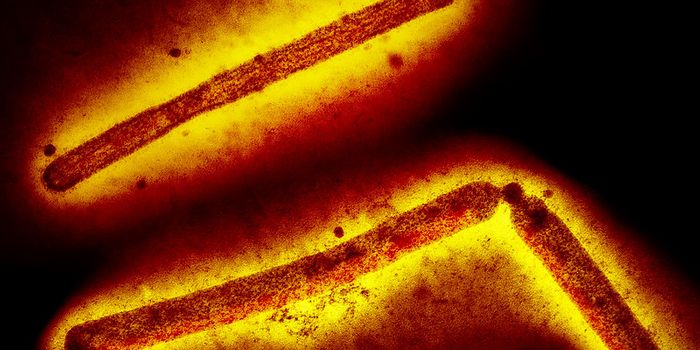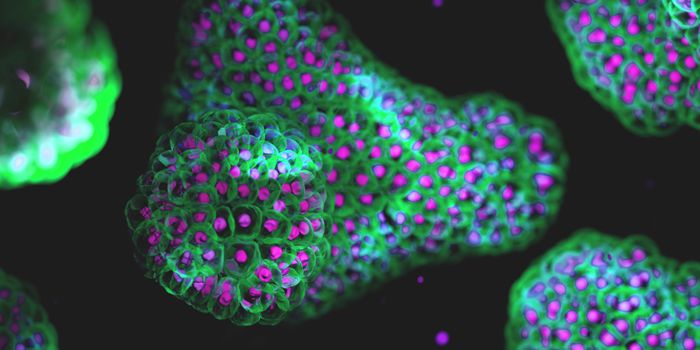This just in, there’s a fungus that makes mosquitoes more susceptible to malaria. Researchers at the Johns Hopkins Bloomberg School of Public Health found that the fungus - Penicillium chrysogenum - impairs a mosquito’s immune system. If you have a soft spot for mosquitoes, you’ll be happy to know that this fungus doesn’t actually make the little guys sick.
First, a quick review of malaria. Humans get malaria when they are bitten by an Anopheles mosquito that is infected with the Plasmodium parasite. Malaria is, as you no doubt know, a big deal. The World Health Organization reports that in 2015 there were around 214 million cases of the disease worldwide. Among those cases, roughly 438,000 people died. There’s no vaccine for malaria (although researchers are working toward one). Until then, the use of bed nets is the best way to prevent the transmission of malaria.
So, how did researchers first identify this fungus? They isolated it from the midgut of Anopheles mosquitoes in Puerto Rico. Although this type of fungus is considered non-pathogenic, they wanted to know if it impacted mosquito survival in any way.
They added the fungus to a sucrose solution and fed it to mosquitoes. Then, they measured mortality over a 14-day period. The fungus had no effects on mosquito mortality. The next question was whether this fungus had any effect on Plasmodium infection - certain bacteria can cause mosquitoes to be resistant to Plasmodium, for example.
Once again, the researchers fed mosquitoes a sucrose solution containing the fungus. Then, they fed the mosquitoes a blood meal containing Plasmodium gametocytes. Surprisingly, the presence of the fungus in the mosquito midgut increased the number of Plasmodium oocysts found in the mosquitoes.
So, what about the fungus causes this to happen? The group found that the fungus secretes a heat-stable factor that affects Plasmodium infection. They came to this conclusion by heat-treating the fungus culture filtrate - once heat-treated, the filtrate did not enhance Plasmodium infection in the mosquitoes.
There’s more work to be done, but this is a pretty neat example of how microorganisms can affect each other (even indirectly). Not to mention, these findings could help researchers devise new methods and therapies that control malaria transmission. According to study author George Dimopoulos, “While this fungus is unlikely to be helpful as part of a malaria control strategy, our finding significantly advances our knowledge of the different factors that influence the transmission of malaria.”
Sources: Nature,
Science Daily









